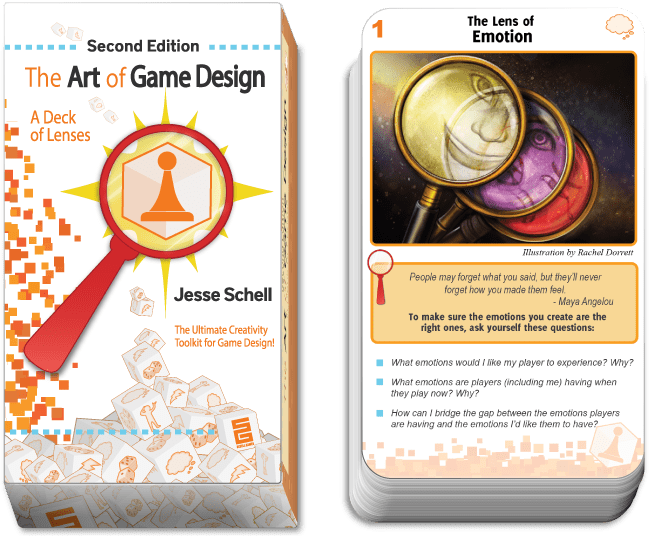I have a soft spot for indie game development. Yesterday I listened to the words of a developer friend who was generous enough to share his battles.
The metrics coming from the Players behavior inside of the game are ignored. This is very different from the game-as-a-service approach.
Game design has an artistic and a scientific component. The latter is based on hypotheses, theories, and experiments. The experiments before were only manual (playtest). After the advent of big data, machines can help us simulate the real world and conduct other kinds of experiments. Free-to-play games aim for a very high volume of players, that’s why you need a data-informed approach to update them properly.
Indie games, on the other hand, keep their focus on creating an original idea designed to please a niche. They are much riskier because there is no data-informed approach that allows a team to learn from one game to be better in the next. The game develops, publishes, and moves on to the next one.
One trend I see in free-to-play mobile is keeping an eye on the indie world for interesting core loops to adapt. Indie developers should in turn “steal” the data-informed approach to improve their processes. They can develop the next game more consciously.
Indie metrics starter pack
Let’s take the example of an indie Metroidvania game in early access on Steam. Let’s say the team has an update roadmap in mind. As an outcome, they want to create a DLC calendar that makes sense.
First Time Player Experience
The first thing to keep track of is the First Time Player Experience. Represents love at first sight, the hook. Its effectiveness can be measured in two ways:
- D1 retention: the % of total players who return to play after the 24 hours.
- FTPE Funnel: the % of total players who leave the game at each step that belongs to the first experience. We virtually put markers and measure how many people fail each one.
Difficulty curve
Level design is very important in this type of game. It is necessary to have a beat chart designed to measure the failure rate of each segment or level of the game. I suggest to measure:
- Drop rate: the number of players who leave the game at each level or segment
- Average completion time: the average time to complete the level or segment
- Average attempts: the average number of attempts to complete the level or segment
This will measure the difficulty of your game and where you should tweak the levels or segments. In this way, during early access, we can make fixes effectively not just based on what we read on reviews.
Retention for DLCs
Last thing, the metrics needed to create a post-launch DLC roadmap. The best way to create an effective roadmap is to understand which game features people engage with the most. Players may prefer to find secrets or exciting battles. We can measure the retention and engagement of players who:
- unlock certain achievements
- eliminate many enemies
- they discover secrets
- they spend more time reading the dialogues and exploring
- they use certain skills
Retention is measured by days. We need to check if a player returns after 24 hours, after 48, 72, etc. Those are, respectively, D1, D2, D3… retention!
Engagement is the number of times the Player runs the game over a 24-hour period. Then we check the average time spent in each game session.
We can use retention and engagement to create cohorts, subset of Players. Then we can think in an effective DLC roadmap to target the most interesting and decide a pricing strategy effectively.


